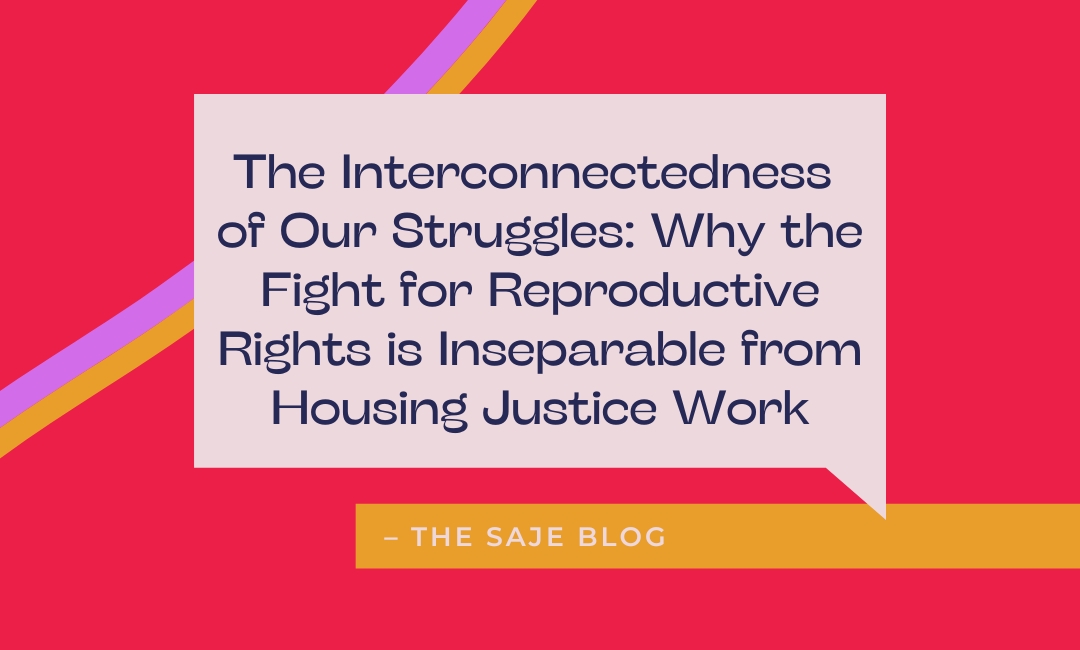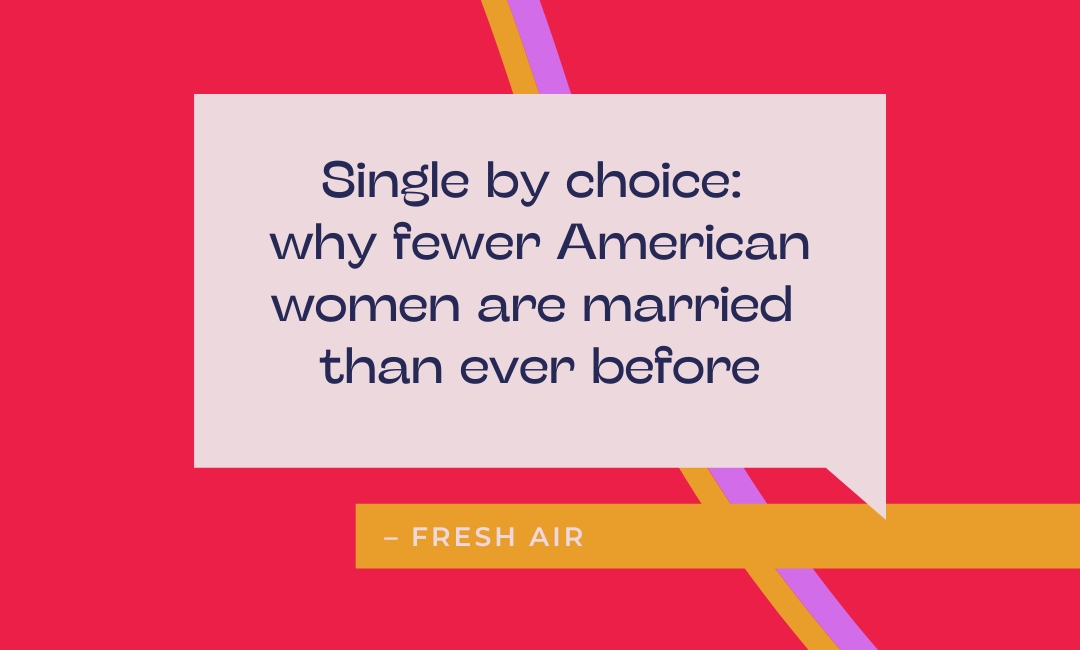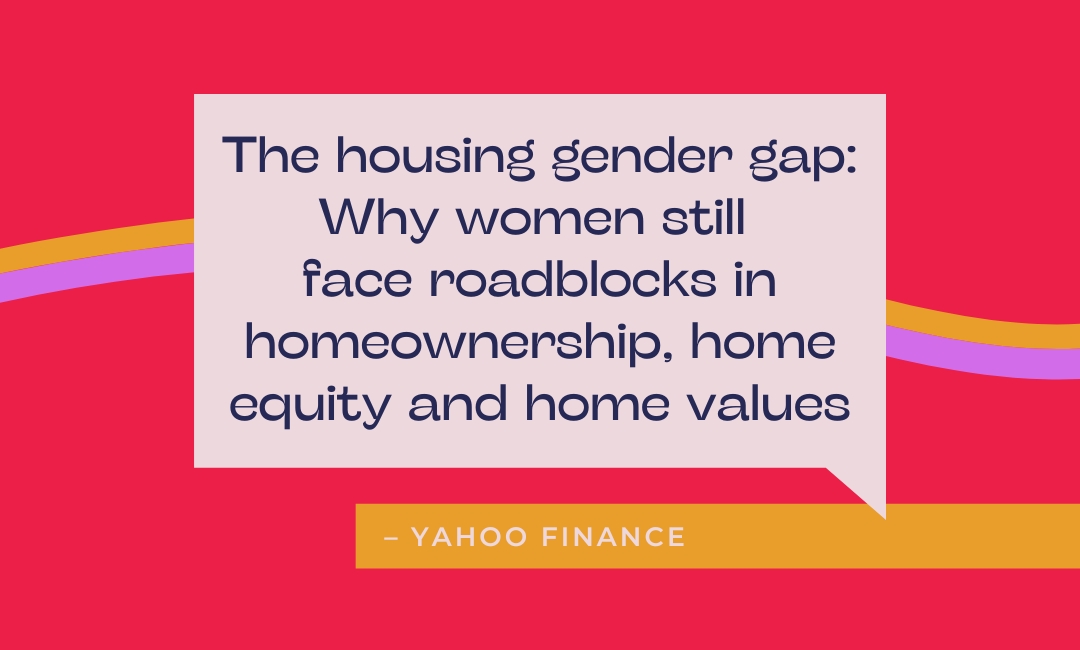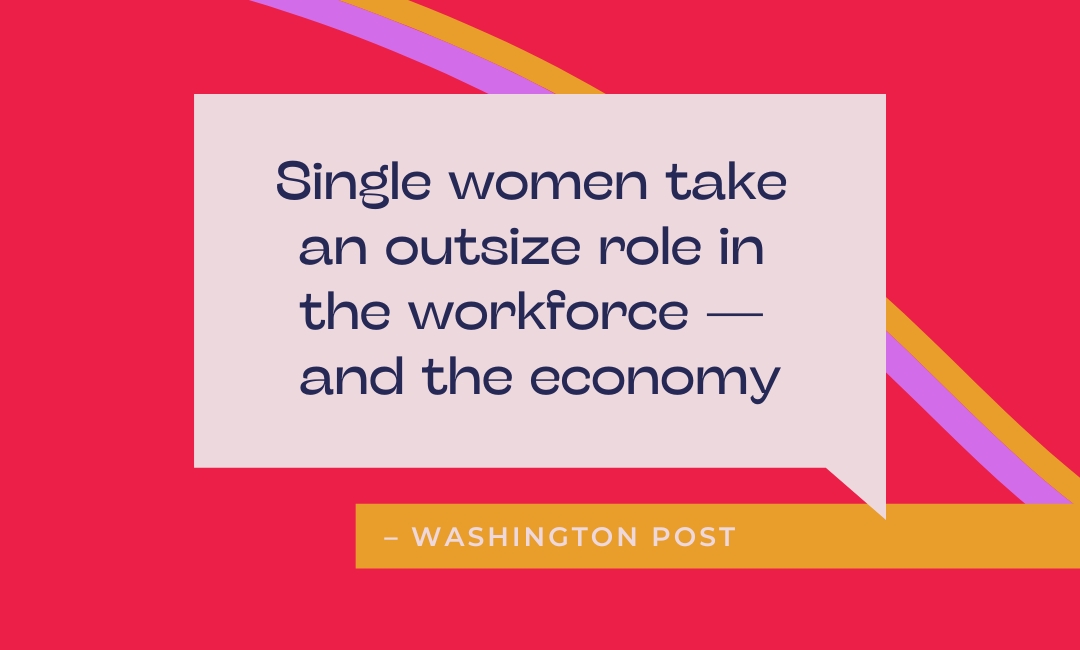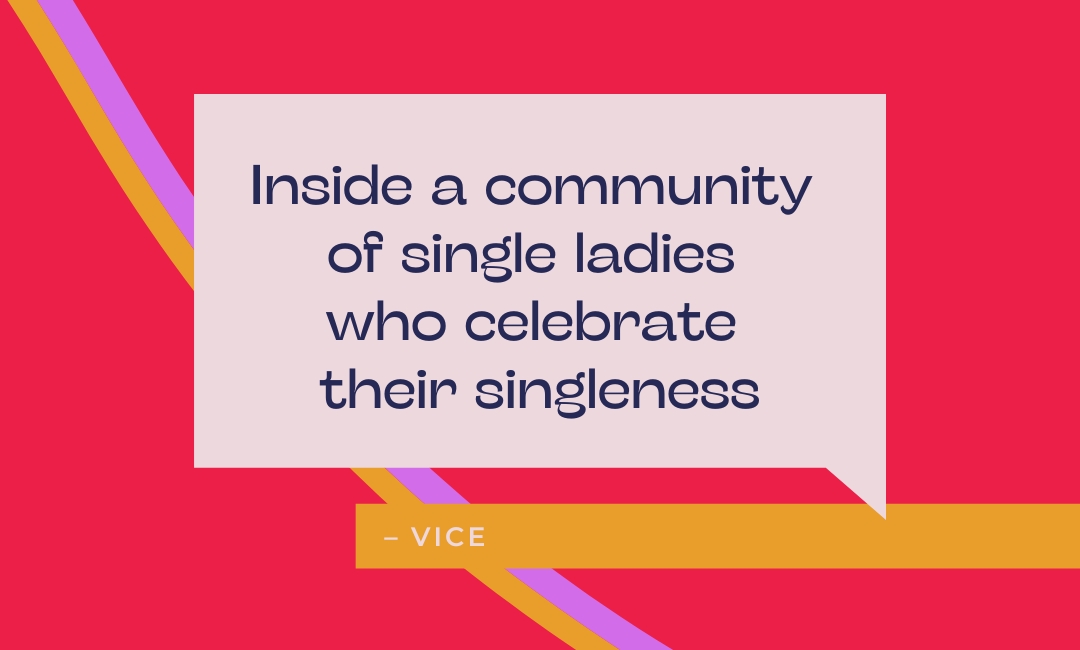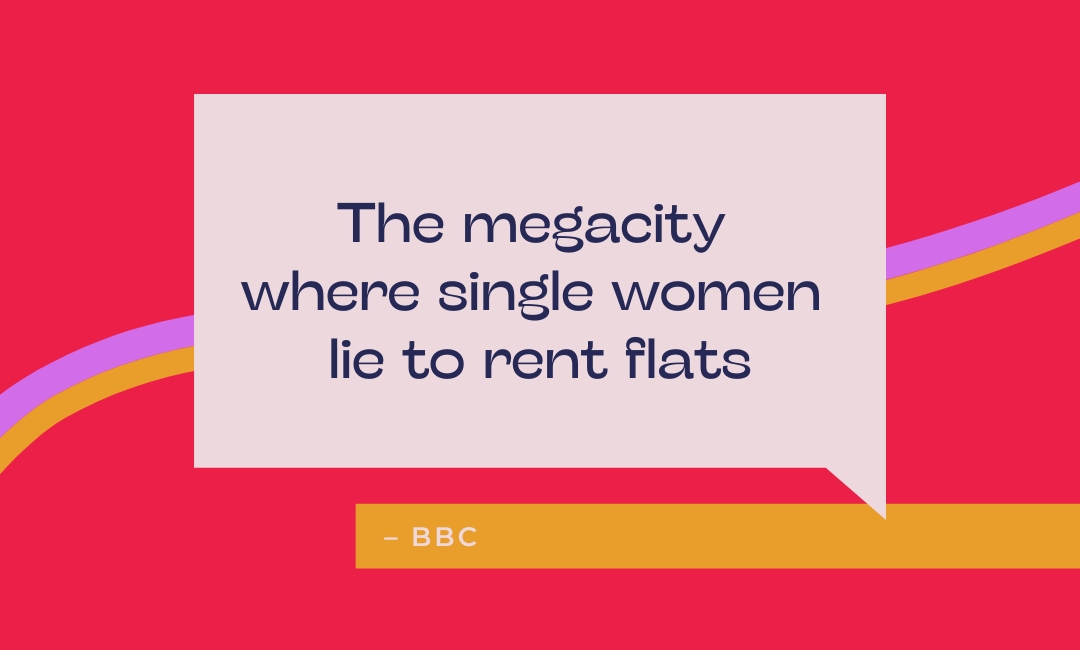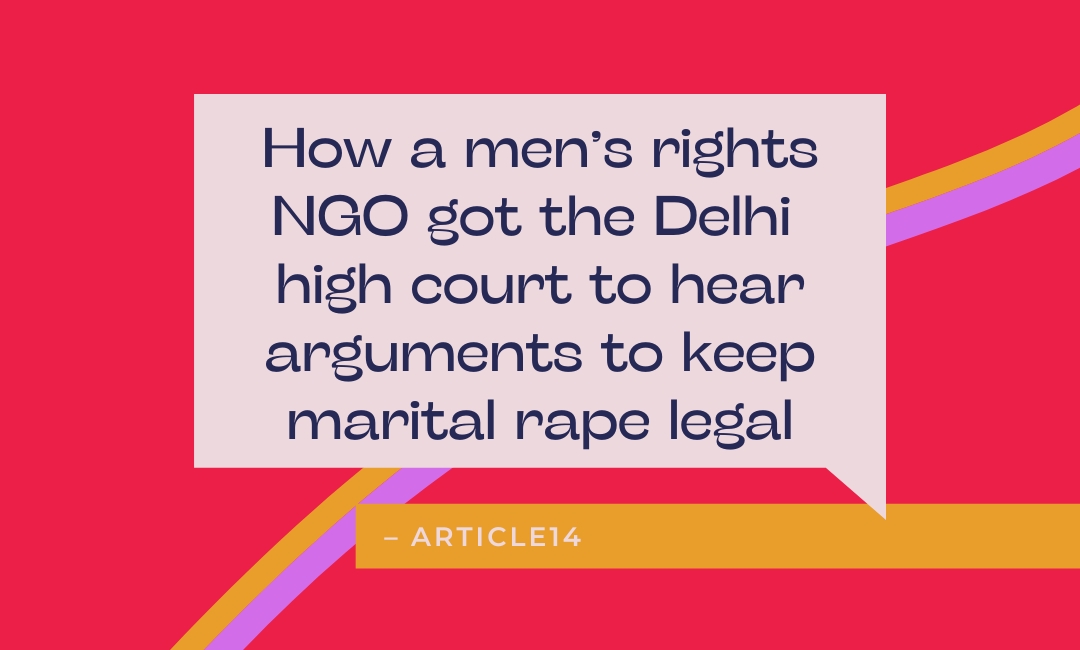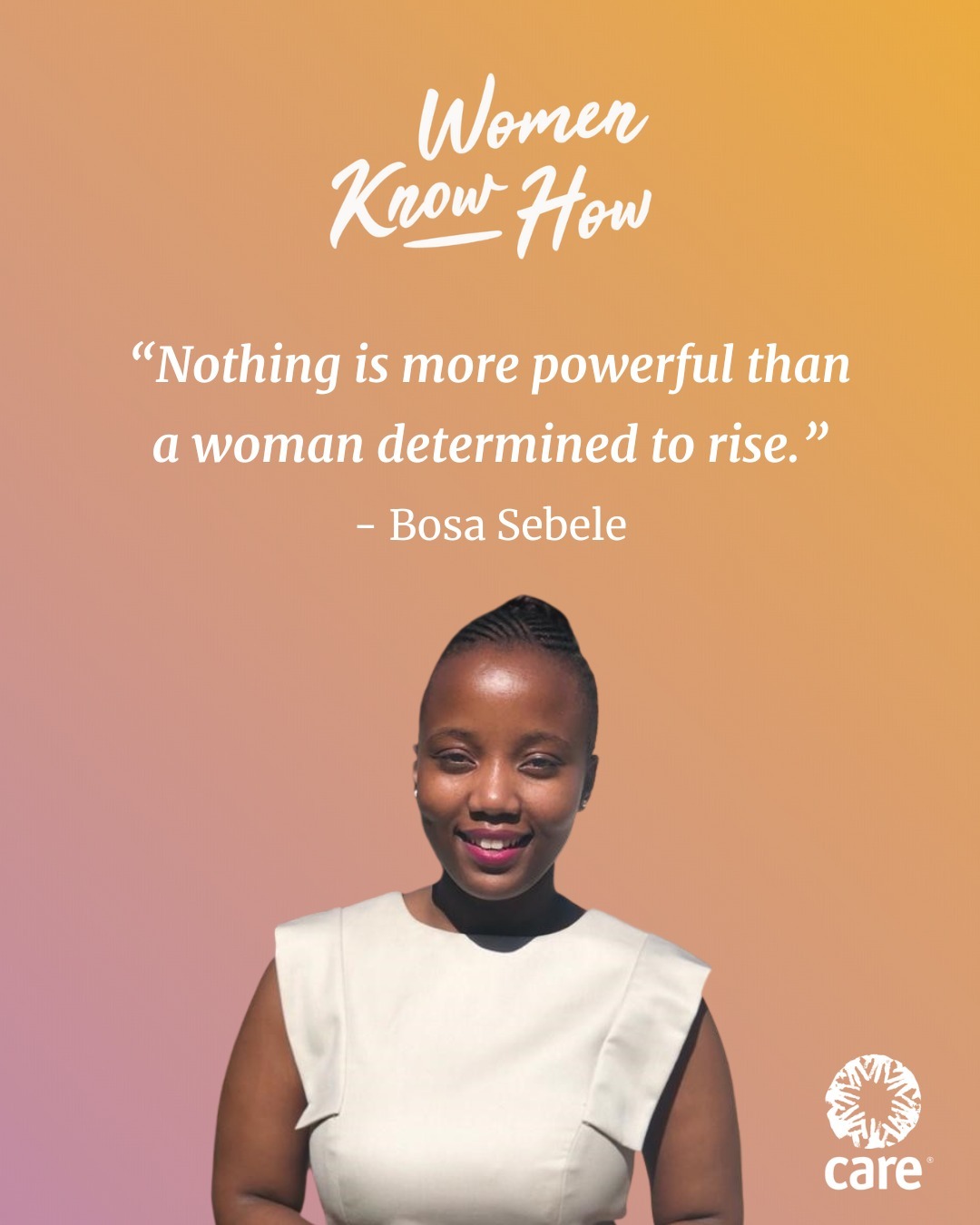The rePROFilm Periodical – featuring a new film and podcast each month – is generously underwritten and is FREE and available to anyone.


“Kusruti plays Smita as fearful but resolute, an homage to the strength of every woman who has struck out on her own against all odds.” — Emily Christensen
Bitch, BYE
Gear up for living life on your own terms (social expectations be damned) with our Vol. 15 playlist “Bitch BYE.” Dedicated to everyone out there who needs to put themselves first and leave toxic situations in the rear view. Here’s to listening to powerful women and building new foundations.

The interconnectedness of our struggles: why the fight for reproductive rights is inseparable from housing justice work
“Reproductive justice is inextricably linked to housing justice. Safe and sustainable communities are undermined by the lack of safe and affordable housing … Unhoused people and families who lack housing stability are routinely unable to access reproductive and other types of health care, and individuals experiencing homelessness tend to have higher percentages of unplanned pregnancy.”
(SAJE)
Single by choice: why fewer American women are married than ever before
This 2016 interview with Rebecca Traister is an excellent introduction to her book “All the Single Ladies.” The wide-ranging conversation touches on iconic single women like Anita Hill and Susan B. Anthony, who once suggested women might have to abandon the institution of marriage to achieve real equality.
The housing gender gap: Why women still face roadblocks in homeownership, home equity and home values
“For single women, wealth accumulation achieved through home equity lags behind that of single men,” reports Mia Taylor. “Women pay more to buy a home and reap less when they sell it. They can afford a smaller chunk of the homes on the market.” Given widespread racial bias in housing, Black and brown single women are at even greater disadvantage.
Single women take an outsize role in the workforce — and the economy
“We’re one of the first generations that’s not really worried about getting married in our 20s and 30s, even our 40s,” said 31-year-old Rebecca Lundberg. “Being in charge of my own personal and financial decisions, and having my independence is very liberating for me.” The downside? “A stubborn wage gap means single women have less spending power and wealth.”
Instagram Replay: Jimaekia Eborn, Tending the Garden
Missed our conversation with Jimanekia Eborn of Tending the Garden? The comprehensive sex educator and trauma expert founded her organization Tending The Garden to support marginalized sexual assault survivors looking for healing and community.
We discuss working in partnership with our bodies to heal from trauma and so much more. Check it out here!
CARE
Originally conceived in the 1940s to offer humanitarian assistance to postwar Europe, CARE is now an international organization focused on saving lives, defeating poverty and achieving social justice.
“We cannot eradicate poverty and achieve social justice while inequality persists. Discrimination against women has negative implications for global security and development, economic performance, food security, health, climate adaptation and the environment, governance, and stability.”
Learn more about CARE’s focus on gender equality.
AWID (Association for Women’s Rights in Development)
AWID is a global, feminist, membership, movement-support organization working to achieve gender justice and women’s human rights worldwide. Their priorities are supporting feminist, women’s rights and gender justice movements to thrive, to be a driving force in challenging systems of oppression, and to co-create feminist realities.
AWID envisions a world where feminist realities flourish, where resources and power are shared in ways that enable everyone, and future generations, to thrive and realize their full potential with dignity, love and respect, and where Earth nurtures life in all its diversity.





